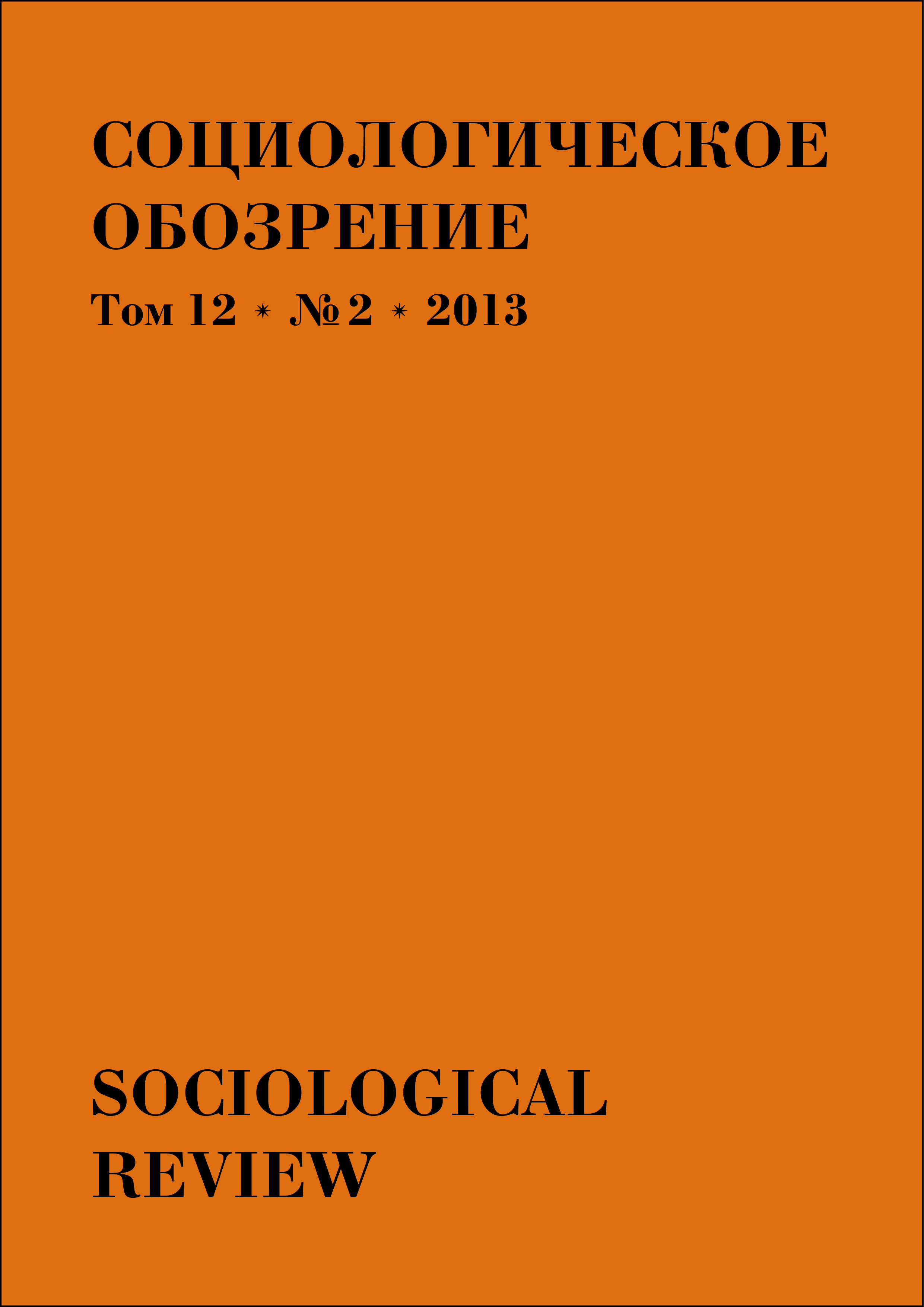Glossarium
Abstract
Carl Schmitt kept diaries throughout his life, several of which he specifically selected for academic publication. These are the recordings made in the early years after World War II, when Schmitt lost all his positions. After his release from the prison he returned to his home in small town of Plettenberg, where he remained until his death. Schmitt ordered these diaries to be published only after his death, because, even several decades after the war, they remained ideologically dangerous. In this issue we continue to publish fragments of translation of the “Glossarium”. In the fragments prepared for present publication, Schmitt argues on several important topics. First, he writes about utopia — paradise located in a remote, but achievable future. The ability to think future located at long distance decreases in modern times. Therefore, in the 19th century they have to move from utopia to positive science. Those who write on future must say that heaven can come tomorrow. Schmitt goes further to compare the utopian ideas of Thomas More with the utopias of the 19th century. More was not a cleric; he was just a clerk, an intellectual, a writer, not a priest. Schmitt questioned the rightfulness of the canonization of More and compared him with another Catholic thinker of that time, Fr. Vitoria. Another important topic — the problem of legality and legitimacy. Schmitt once again handles it in connection with the events in Czechoslovakia in 1948. These events he contrasts with the situation in Germany in 1929-1932.




